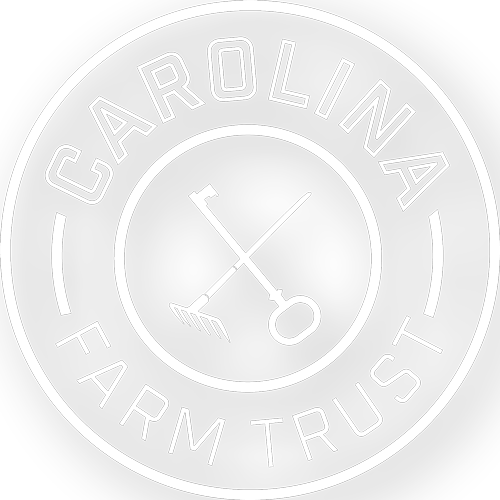The Best of LKN –
Jeff Hamm hosts Zack Wyatt, President and CEO of Carolina Farm Trust, to discuss how to strengthen our local food systems.
In this episode, Zack brings us up to date on CFT’s progress with their urban farm developments and plans for the future, with a feature for our upcoming Systems Change Conference on September 9 and 10 in Statesville, NC.
Listen here: https://thebestoflkn.com/230-carolina-farm-trust-2024/




